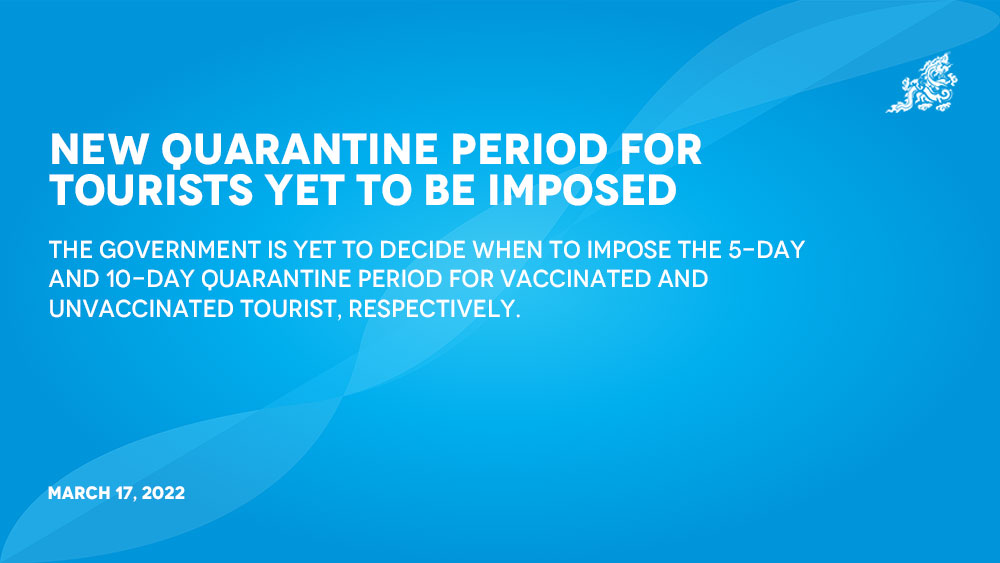Phurpa Lhamo
The government is yet to decide when to impose the 5-day and 10-day quarantine period for vaccinated and unvaccinated tourist, respectively.
In a meet-the-press session on March 14, Lyonchhen Dr Lotay Tshering said that despite people’s concern about quarantine period impacting the tourists entering Bhutan, arrival is expected to remain low due to the pandemic.
Meanwhile, Tourism Council of Bhutan (TCB) has been holding virtual meetings with various stakeholders since March 11.
According to TCB officials, the meetings would discuss operational guidelines, changes in the levy or sustainable development fee, standardisation and classification of non-star rated hotels, among others.
TCB’s director-general, Dorji Dhradhul, said that TCB had hoped to re-start tourism since mid-2020. “We have our hopes high to re-start soon but, at this point in time, we are not sure when that would be. As we all know it depends on so many factors, many beyond our control.”
Further, he added that in the past two years, there wasn’t any period where TCB could have opened meaningfully.
Internal issues, where hotels, airlines, tourist sites, and communities weren’t ready due to the pandemic, and external factors were also pointed out as some of the hindrances to opening tourism in the pandemic.
However, current challenges are being reconsidered for way forward.
Dorji Dhradhul said that with over 319,000 tourists by 2019, the country was getting signs of being over-run by tourists. “Tourism, like hydropower, forest, and minerals is a strategic and valuable asset of the country. Therefore, it belongs to all Bhutanese. So, it is important that what we decide to do with tourism should be good for at least the next 50 years.”
He said that when tourism reopens, the tour companies, hotels, tour guides, and others have to be extra mindful to maintain the minimum service standards. “Let’s be mindful not to rush to welcome tourists and commit the mistake of sending them back unhappy. This would have a serious impact on our brand, which would impact the future inflow of tourists.”
As of March 2020, about 3000 tour operators, 4000 tour guides, 500 hotels, totaling to about 25,000 persons were adversely by the pandemic. The affected have been recipients of the Druk Gyelpo’s relief kidu.
Lyonchhen said that when the kidu ends, there would be no direct monetary support for the impacted. But the government, he said, would support them with employment and entrepreneurship opportunities, licence, and loans from the banks.


